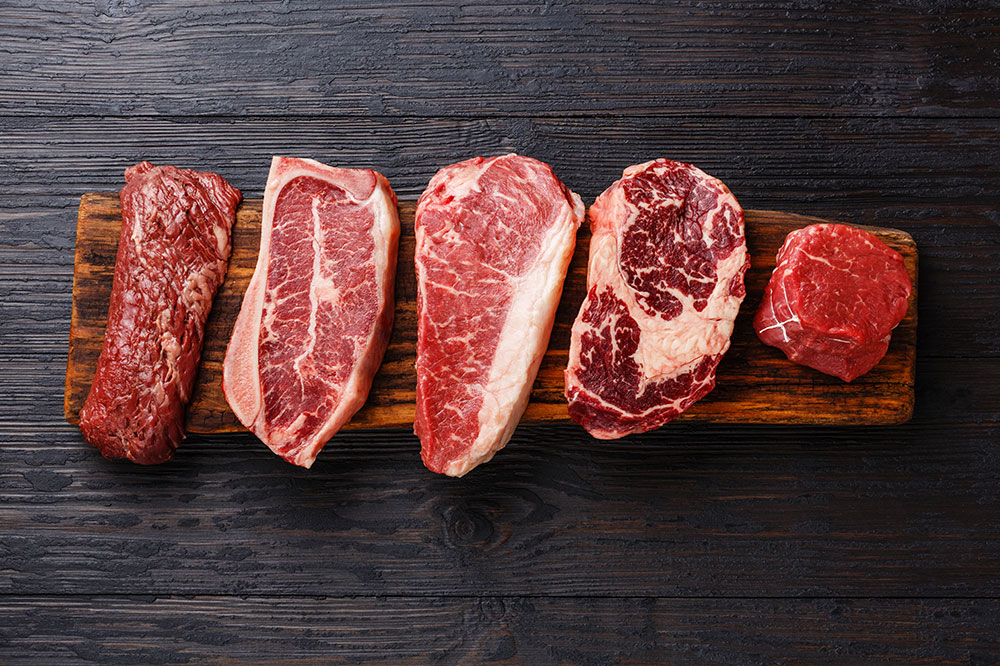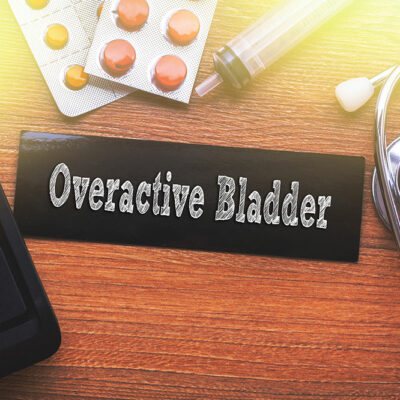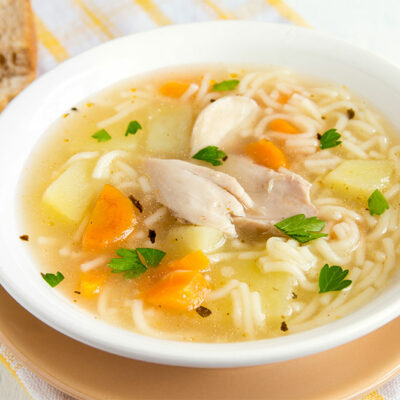
3 Worst Foods for Bone and Joint Health
You might be aware that calcium and vitamin D-rich foods are important for bone and joint health. But, were you also aware of which foods are harmful to the same? According to experts, refined carbs and sugar are two primary factors that can lead to osteoporosis, a chronic bone condition. To help prevent aggravating any issue, here are the 3 worst foods for bone and joint health.
3 foods to avoid for bone and joint health
1. Salt
Salt causes water retention in the body and pressures the kidneys. It is recommended to keep the intake of salt to less than 2300 milligrams per day. Studies have found that postmenopausal women who eat excessive salty foods have weaker bones than others who control their intake. Avoid processed meats like turkey, ham, and hot dogs. Fast foods such as pizzas, burgers, tacos, and fries should also be limited since they cause calcium loss and brittle bones over time. Additionally, canned soups and vegetables, baked products, and cereals contain a high amount of salt. It is vital to check the labels of items for sodium content. If you go out for a meal, ask them for the salt content in the dishes you order. You can alternatively opt for grilled fish or chicken, salad, or steamed vegetables without compromising the taste.
2. Sugar
Excessive sugar is bad for joint and bone health. There is no solid evidence for this but people who have a sugar-rich diet tend to have issues with blood pressure, vitamin deficiencies, and heart and liver damage. High amounts of sugar elevates triglycerides and LDL (bad cholesterol). This clogs the arteries and creates unhealthy fat build-ups. If your sugar levels increase in the body, rigid proteins known as glycation end products (AGEs) cause inflammation. This weakens bone and joint health. It also ages the skin faster. You should limit the intake of certain carbonated or fizzy drinks as they contain high levels of phosphoric acid, which promotes calcium excretion through urine. Additionally, avoid eating products like cakes and cookies. It is recommended to satisfy your sugar cravings with prunes, cranberries, or other antioxidant-rich foods.
3. Caffeine
You lose about 6 milligrams of calcium for every 100 milligrams of caffeine. This may not seem much but it is harmful to bone health, especially in women. Coffee is a major source of caffeine, hence it is suggested to limit the number of cups a person has in a day. About 300 milligrams of caffeine per day along with good calcium intake negates the harmful effects. According to one research, caffeine consumption results in low bone density in postmenopausal women. Tea also contains caffeine, but according to studies, it does not harm bone density. Some researchers think tea contains plant compounds that protect bones; however, this is not proved. You can start limiting your caffeine intake by drinking half regular and half decaf. Opt for decaffeinated cold or hot tea instead of caffeinated sodas.


